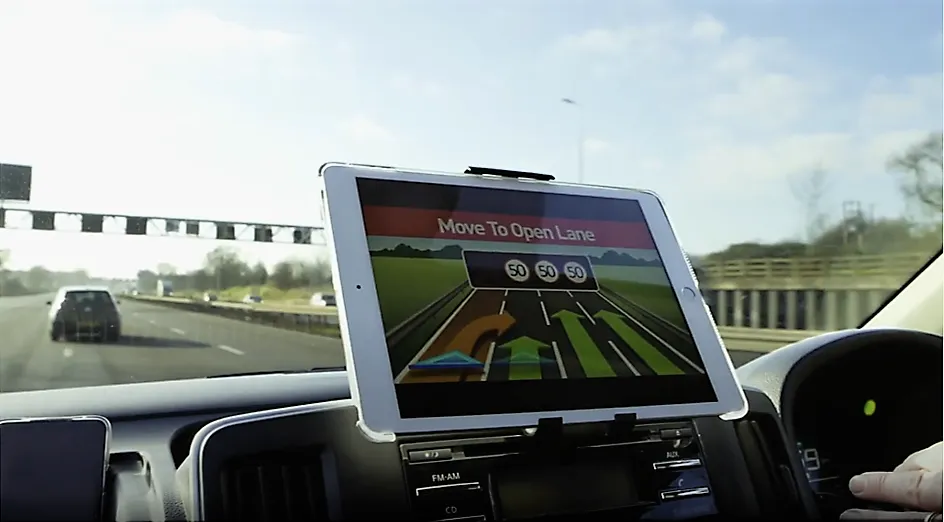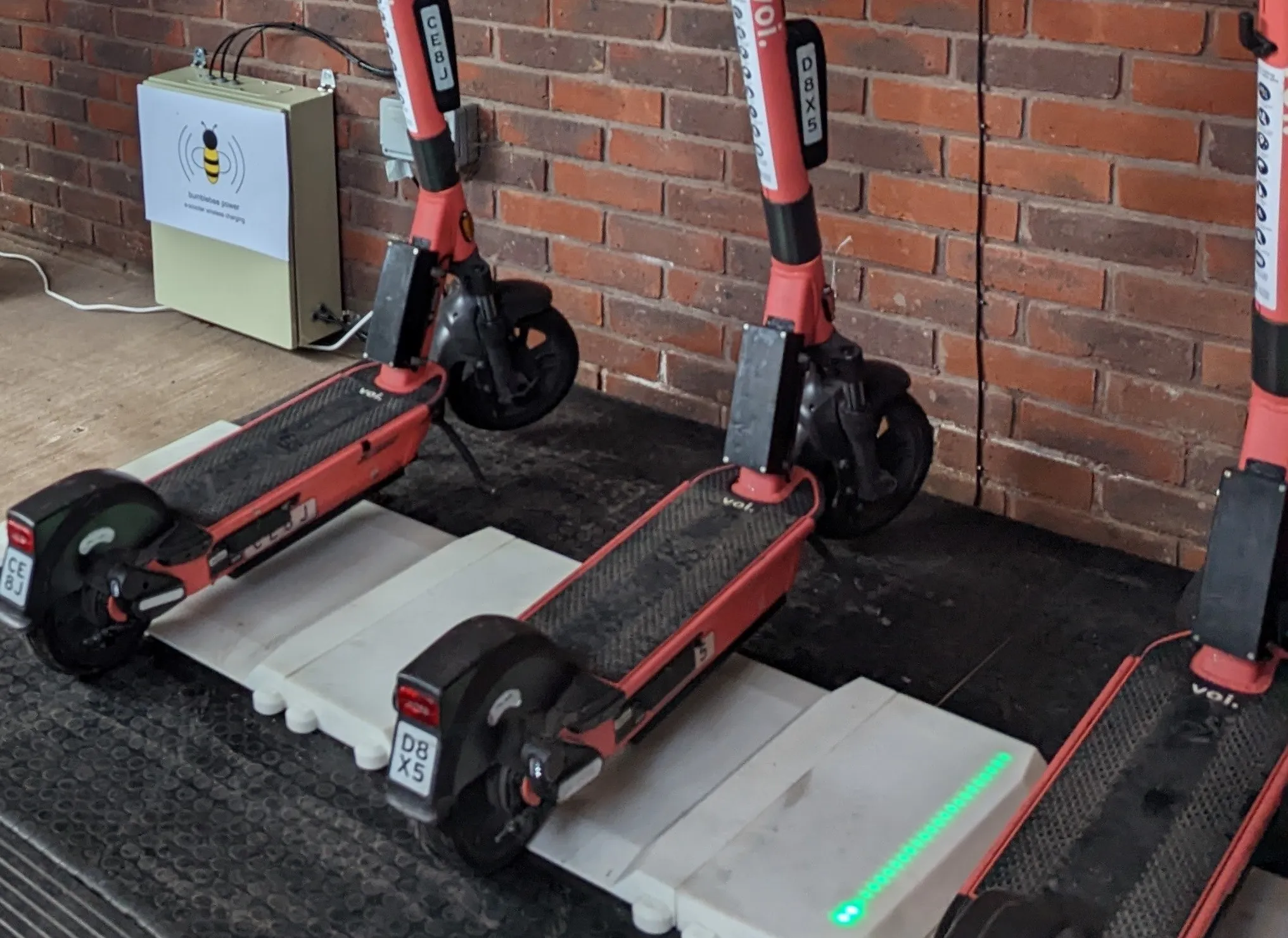
More than 300km of roads in the West Midlands region of England are to be used to trial connected and autonomous vehicles (C/AVs).
Work has begun on phase one of the Midlands Future Mobility route, which will extend from Coventry to Birmingham, linking key mobility hubs such as Birmingham International Airport and the new HS2 high speed rail interchange in the city.
The route will be extended later this year to 350km and will be a mixture of urban, rural and suburban roads as well as highways, using smart CCTV, weather stations, communications units and GPS.
The project is backed by a consortium including WMG (an academic department at the University of Warwick), Mira, Transport for West Midlands (TfWM), Costain, Amey, Wireless Infrastructure Group, Vodafone, Coventry University and Highways England.
AVs are estimated to be worth up to £62 billion to the UK economy by 2030. Midlands Future Mobility is part of CAM Testbed UK, which comprises six core facilities to test C/AVs, funded by the Centre for C/AVs and coordinated by Zenzic.
Costain and contractor Siemens Mobility have begun work on the Midlands route, which will officially open for trials later this year.
The partners insist there will be no disruption to drivers or homeowners, as the new route “uses existing road infrastructure 95% of the time”.
The first phase – which will initially be trialling connected vehicles - includes the University of Warwick, the Coventry ring road, and roads in Meriden, Solihull and central Birmingham around the Jewellery Quarter.

John Fox, Midlands Future Mobility project director, says: “The West Midlands has a rich history of the automotive industry, and to see it is now progressing into AVs feels somewhat momentous.”
Wilke Reints, MD of intelligent traffic systems for Siemens Mobility in the UK, says the project “allows us collectively to demonstrate how smart technology enables vehicles to be connected via high-speed, high-capacity wireless infrastructure across a whole road network”.








